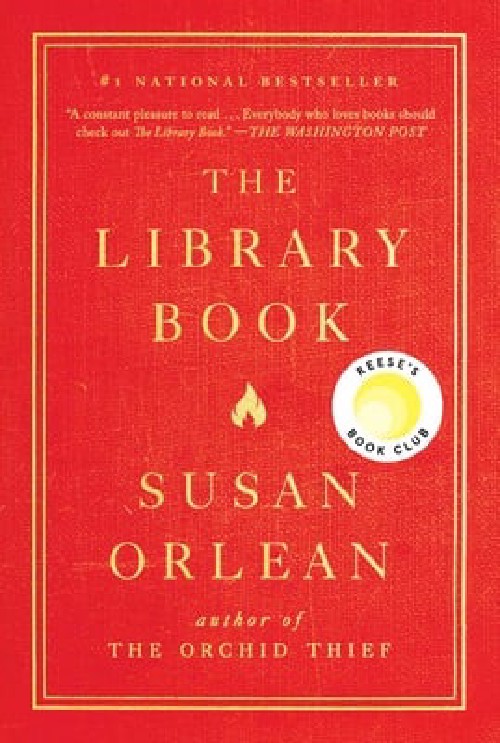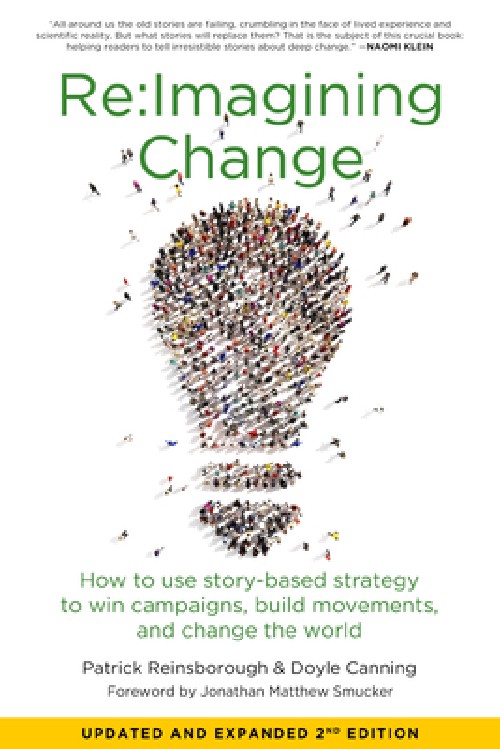When I asked Denning where she stands on the METI issue, she told me: ‘‘I have to answer that question with a question: Why are you asking me? Why should my opinion matter more than that of a 6-year-old girl in Namibia? We both have exactly the same amount at stake, arguably, she more than I, since the odds of being dead before any consequences of transmission occur are probably a bit higher for me, assuming she has access to clean water and decent health care and isn’t killed far too young in war.’’ She continued: ‘‘I think the METI debate may be one of those rare topics where scientific knowledge is highly relevant to the discussion, but its connection to obvious policy is tenuous at best, because in the final analysis, it’s all about how much risk the people of Earth are willing to tolerate. . . . And why exactly should astronomers, cosmologists, physicists, anthropologists, psychologists, sociologists, biologists, sci-fi authors or anyone else (in no particular order), get to decide what those tolerances should be?’’
This recent NYT Mag piece about considering the consequences of trying to communicate with potential extraterrestrial civilizations is interesting, but the above quoted paragraph struck me as having far more practical perspective than the rest of the piece. Kathryn Denning, an anthropologist at York University in Toronto, gets to the heart of these questions many people in the article address: how do we make decisions that potentially create large scale risks for future generations?
The piece is written by Steven Johnson, who has built a career writing about tech and the future, and in it he is much more concerned with way our decisions now affect the future. As with many pieces focused on people asking questions about the future, there’s no recognition of or conversation around their fundamental assumption: that certain people haven’t already made decisions of this scale. I read the piece, I find the discussions interesting, but I personally have so much trouble investing any concern into these issues. When we are rolling back what little progress we have been able to make defending against the worst of the Capitalocene; when the questions for our next 100 years are how terrible are they going to be and how many of us will be able to survive; when we are faced with a dismal future of our own making, the questions about whether advanced civilizations on other planets exist and whether or not they want to harm us seems useless to me.
As it stands, I live on a planet with the only advanced civilization humanity is aware of, and all the evidence in front of us suggests that the richest and most powerful people on earth definitely want to harm the whole of humanity so that they can buy bigger yachts and produce good dividends for the other rich people they know. We are the civilization most intent on destroying earth.
There is a part of me that understands this is a useless complaint. On a planet of over seven billion people, we can probably manage to have some people thinking about other civilizations without harming ourselves (more). But personally it feels more and more like an unjustifiable such a luxury to have mental space to focus on questions like these.
The terror of climate change and its impacts on the world at large are constants in my life. If I am not interacting with other humans and noticing patterns of systemic patriarchy and racism, I’m probably sitting quietly and fretting about the processes we have set in motion that we don’t understand and can only guess at how to stop. And part of what sits with me constantly and makes me rage is that the people making the decisions; the people increasing our risk and hindering our hope of curbing worst case scenarios are the few and privileged. When it comes to climate change, the 6-year-old girls in every country deserve far more say in our priorities than the rich white men who control the levers of power.
I have two young children and I don’t think a day will ever pass in my life that I don’t grapple with the guilt of knowing what is coming in their lives. This is the world we all live in and I guess we’ll keep trying to preserve as much of what is good about it as we can. But my goodness it is undendingly exhausting to try and look with clear eyes at the reality of the capitalocene and then turn and look my children in the eyes without crying.
I do not really begrudge people who spend their time asking questions about the civilization-threatening risks created by technology we’re developing; AI and interstellar travel or interstellar communication. But I question how much intelligence those people actually have; if they feel like those are the most pressing questions on their mind. Because from everything I know, we live in an era with just as much civilization-threatening risk due to decisions we in the rich, first-world countries have made in the past 200 years. If you’re trying to focus on asking the important questions about how to ensure the future of humanity but your questions ignore our current world in favor of potential futures, you don’t seem very smart.



